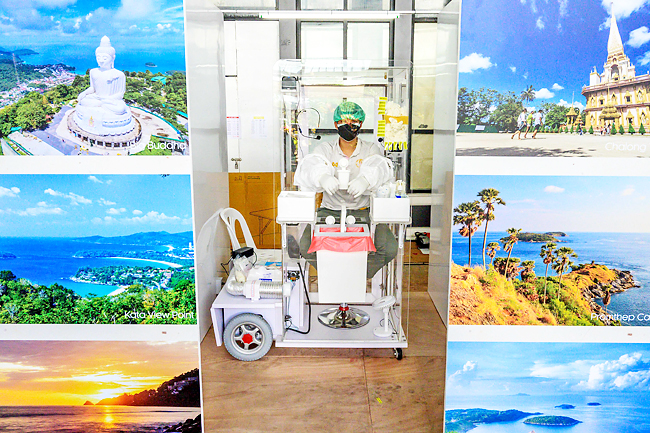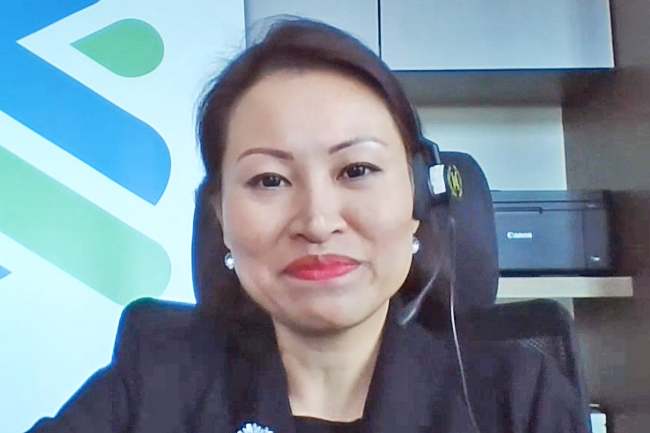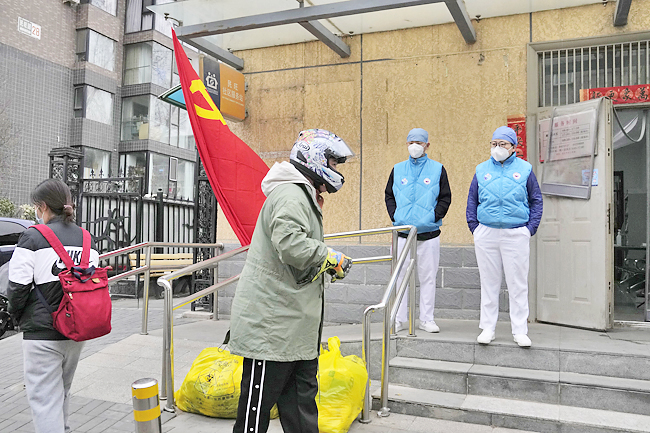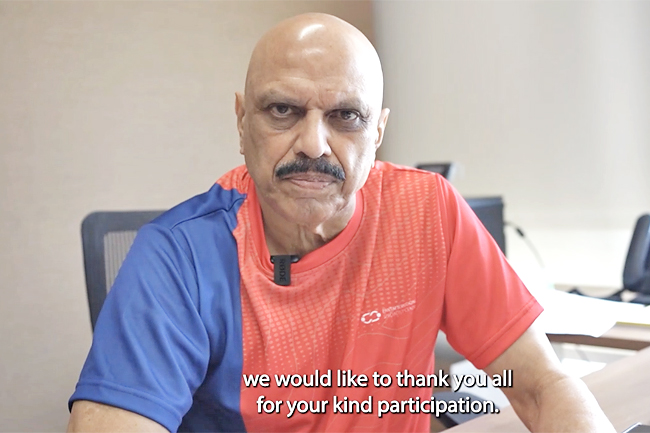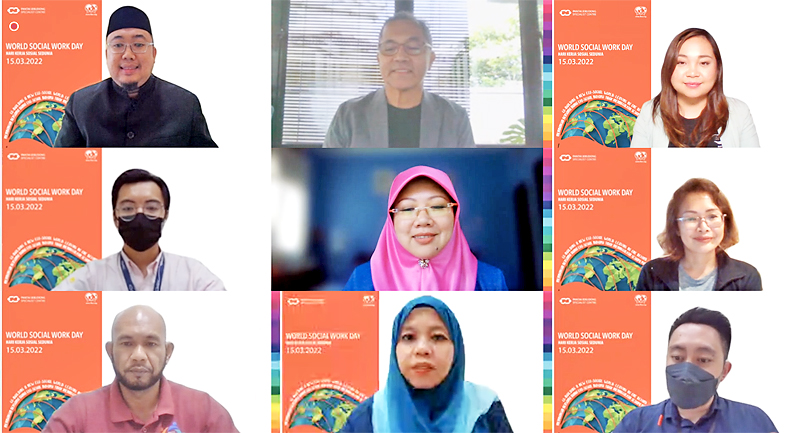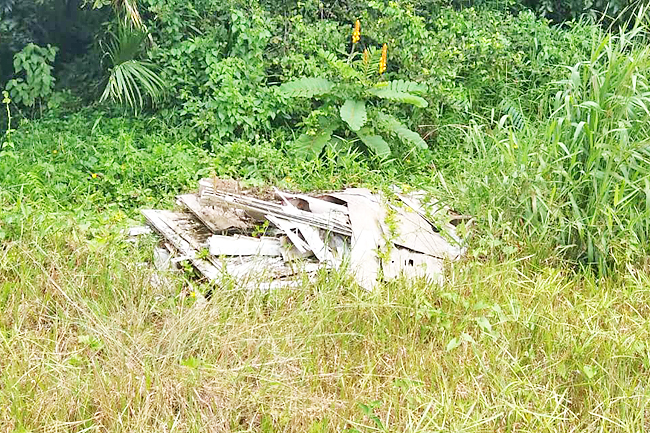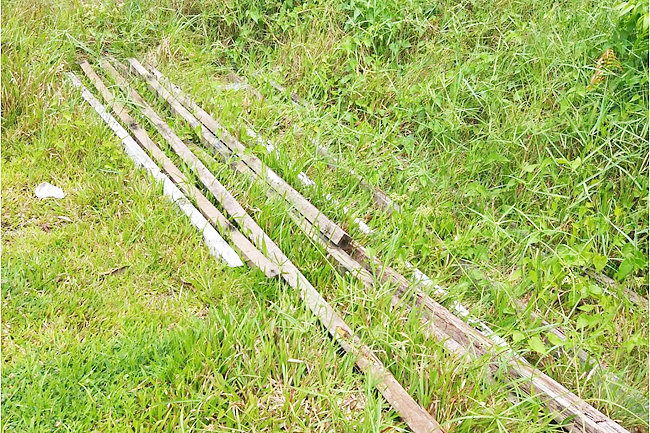Danial Norjidi
A new report by the United Nations (UN) Economic and Social Commission for Asia and the Pacific (ESCAP) was recently released, providing analyses on progress towards the Sustainable Development Goals (SDGs) in Asia and the Pacific and its five subregions.
The Asia and the Pacific SDG Progress Report 2022: Widening Disparities Amid COVID-19 issued by ESCAP on March 17, also examines inequalities and vulnerabilities among different population groups, while also assessing gaps which must be closed to achieve the goals by 2030 and leave no one behind.
A press statement from ESCAP notes that the need to reach those who are furthest behind has never been greater. The report finds that average progress in the region disproportionately excludes some groups with distinct demographic and socioeconomic characteristics. Those furthest behind, including women, persons with disabilities, rural populations and poorer households, are also facing increased vulnerabilities. For many vulnerable populations, food security, education and livelihoods have also deteriorated during the pandemic.
According to the report, the challenges of achieving the SDGs in the region have been magnified in recent years by an increase in the frequency and intensity of human made crises and natural disasters, as well as the challenges of responding to the COVID-19 pandemic.
“Progress towards the SDGs in the Asia-Pacific region has slowed as the COVID-19 pandemic and climate change have exacerbated development challenges. The region is not on track to achieve any of the 17 SDGs,” said the report.

“The vision and ambition of the 2030 Agenda for Sustainable Development are no less critical and relevant than they were in 2015, yet the expected year for the achievement of the SDGs is now 2065, and the gap grows wider with each passing year. The Asia-Pacific region is now facing the economic impact of the crisis and the risk that progress will slow down even more in the coming years as environmental and social targets are compromised. That outcome can be avoided if the region steps up and embraces the SDGs as a road map for an inclusive, equitable and just recovery.”
The report said that the inequity of progress towards the SDGs is evidenced in the lives of vulnerable population groups throughout Asia and the Pacific who are most at risk of being left behind. “Slow progress, stagnation and regression against the SDG targets continue to place the greatest burden on those who are furthest behind.”
It was shared that although the climate crisis has become more acute, the region has regressed on responsible consumption and production (Goal 12) and climate action (Goal 13). As the press statement elaborated, “While headway has been made on some of the targets dealing with industry, innovation, and infrastructure (Goal 9) and affordable and clean energy (Goal 7), they still fall short of the pace required to meet the 2030 Agenda. Across the region, progress has been very slow or even stagnant on quality education (Goal 4), gender equality (Goal 5), clean water and sanitation (Goal 6), decent work and economic growth (Goal 8), sustainable cities and communities (Goal 11), and life below water (Goal 14).”
The report highlights that leaving no one behind, regardless of age, gender, race, ethnicity, location, disability or migratory status, remains the central commitment of the 2030 Agenda, and the need to reach those who are furthest behind has never been greater.
“Average progress in Asia and the Pacific disproportionately excludes some groups with distinct demographic or socioeconomic characteristics. Those furthest behind, including women, rural populations and poorer households, generally face more vulnerabilities. For many vulnerable populations, food security, education and livelihoods have deteriorated during the pandemic.”
One third of the global population of child refugees live in the Asia-Pacific region, and the pandemic has added to the challenges they face. The intersection of poverty and climate change often impacts the livelihoods of women, who account for the majority of agriculture sector workers in some areas.
The report said its analysis shows that more must be done to expand social protection for vulnerable populations, including persons with severe disabilities, and to improve the labour market prospects of people with disabilities.
Amid the disturbing trends, the report also highlights some good news for the region, noting that the number of SDG indicators with data available have doubled since 2017. Collaboration between national and international custodian agencies has significantly contributed to enhancing the availability of data.
“While data availability has improved since 2017 (the number of indicators with data has doubled), 57 out of 169 targets (34 per cent) still cannot be measured. Data availability on gender equality (Goal 5), life below water (Goal 14) and peace, justice and strong institutions (Goal 16) remains somewhat limited. Cooperation between national and international custodian agencies for SDG indicators have significantly contributed to SDG data availability and must continue to close the remaining gaps in the data.”
“More investment and technical cooperation are needed to ensure timeliness and sustainability in conducting household surveys as the main source for nearly one third of the SDG indicators. Enhanced national coordination and data sharing and integration must be prioritised to harness the full potential of administrative data (including civil registration and vital statistics) for the SDGs,” said the report.
The Asia and the Pacific SDG Progress Report 2022: Widening Disparities Amid COVID-19 is the flagship annual publication produced by ESCAP, in partnership with 10 other UN agencies, that uses the latest data for global SDG indicators to determine where additional effort is needed in the region and where momentum for future progress is building.
UN Under-Secretary-General and Executive Secretary of ESCAP Armida Salsiah Alisjahbana said, “A better understanding of development outcomes for distinct population groups and intersecting vulnerabilities is key to a fairer recovery. The SDGs cannot be achieved without protecting the most vulnerable, many of whom have been particularly affected by the pandemic.”


